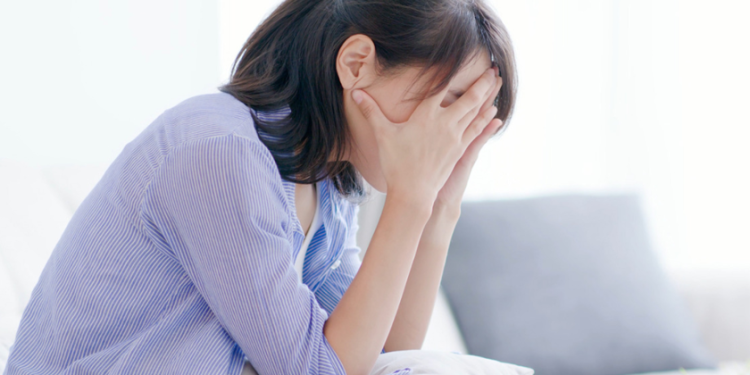Clinical depression is a serious mental illness that can cause significant problems in your life. It can lead to feelings of sadness and hopelessness, making it difficult to enjoy activities or interact with people.
If you experience any of the following signs, it’s important to seek help from a doctor or mental health professional.
1. Persistent feelings of sadness or emptiness
2. Feelings of guilt, worthlessness, or hopelessness
3. Loss of interest in activities once enjoyed
4. Difficulty concentrating, remembering details, or making decisions
5. Insomnia or excessive sleepiness
6. Irritability, restlessness, anxiety, or tense muscles
7. Fatigue or loss of energy
8. Mood swings or changes in usual mood
9. Weight loss or gain not related to dieting
10. Appetite changes not related to dieting
11. Thoughts of death or suicide
12. Withdrawal from friends and activities
13. Persistent physical symptoms that do not respond to treatment, such as headaches, digestive problems, and chronic pain.
Tips for Managing Clinical Depression
There is no one-size-fits-all answer to managing clinical depression, as each person experiences the condition differently. However, there are some general tips that can help to manage the condition.
1. Identify your triggers: What causes your depression to flare up? Once you know what these triggers are, you can try to avoid them or be prepared for when they do occur.
2. Stick to a routine: Having a set routine can help to provide structure and stability in your life, which can be helpful in managing depression.
3. Exercise regularly: Exercise releases endorphins, which have mood-boosting effects. Additionally, exercise can help to improve sleep quality, which can also impact mood.
4. Connect with others: Isolation can worsen depression, so make sure to connect with family and friends regularly. Talking to someone who understands your condition can also be helpful.
5. Seek professional help: If you are struggling to manage your depression on your own, seek out professional help from a therapist or counselor. Medication may also be necessary in some cases.
Conclusion
Managing clinical depression can be a daunting task, but with these tips it can be a little bit easier. Remember to take things one step at a time and to seek out help if you need it.
If you experience any of these signs, it’s important to seek help from a doctor or mental health professional. Treatment for clinical depression can include medication, therapy, or a combination of both. With treatment, you can manage your symptoms and start living a healthier and more enjoyable life.


